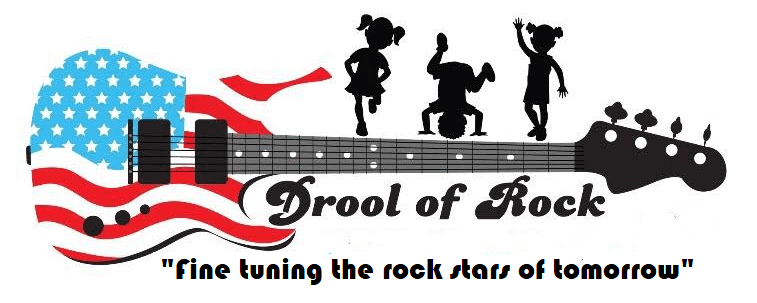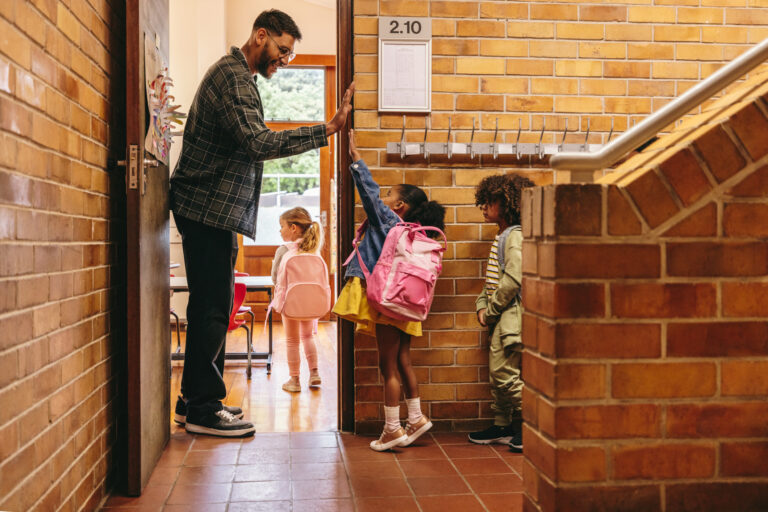Music holds incredible power. By exposing children to music, students find themselves inspired to learn, gaining confidence in their speaking abilities, developing analytical thinking skills, and most importantly, uncovering hidden passions that provide them with a lifelong fulfillment.
Let’s explore some of the advantages of music education and how it impacts student development:
1. Strengthening Memory Skills
Teachers employ songs and melodies as tools to aid students in learning and memorizing information. Early exposure to music education can enhance a child’s memory skills. This is because students utilize their memory to recall notes and lyrics when performing. Particularly when using sheet music for performance, their memory comes into play. This improved memorization ability can later prove invaluable in their academic pursuits.
2. Music’s Role in Keeping Students Engaged
School can sometimes feel dull for many students, but music education can transform it into an enjoyable experience. In essence, music breathes new life into the learning environment. Music, being a universal language capable of evoking emotions ranging from subtle to intense, has been used for centuries as a means of expression and education.
In today’s classrooms, music serves as an effective tool for enhancing students’ learning experiences beyond traditional reading and writing. It provides students with unique opportunities for creative self-expression and the development of confidence. Music can support various subjects, from math and science to history, keeping students engaged in their lessons.
3. Enhancing Social Skills
Music opens doors to numerous opportunities for students, such as participating in choirs, orchestras, and various competitions. Students learn how to collaborate and cooperate within a team, offering them the chance to meet and perform alongside new acquaintances.
This teamwork and exposure to new interactions contribute significantly to the improvement of students’ social and communication skills. Furthermore, music education exposes students to diverse cultures and musical traditions, enhancing their ability to connect with people from various backgrounds.
4. Cultivating Imagination
Music education stimulates students’ imaginations. As they listen to music, they conjure up mental images and scenarios. When tasked with creating their own music for class assignments, they devise new lyrics, notes, compositions, and melodies. Imagination plays a pivotal role in enabling students to generate innovative ideas, excel in their future careers, and enrich their personal lives.
5.Fostering Creative Thinking
Music stimulates the brain, encouraging creative thinking and the generation of unconventional ideas and problem-solving solutions. Students who receive music education tend to approach challenges with creativity and tackle complex situations with ease.
6.The Soothing and Healing Power of Music
Did you know that music serves as an established form of therapy for mental health conditions? It’s true! Students often experience academic stress and pressure, which can negatively impact their mental well-being.
Music education provides students with an opportunity to escape from academic stress. They can relax, sing, and dance to the soothing tunes. Since music has the capacity to calm and heal the soul and mind, students can better cope with stress and anxiety.
7.Boosting Self-Confidence
It’s no secret that music education bolsters students’ self-confidence. For many, performing in front of an audience can be incredibly challenging and anxiety-inducing. Fortunately, music education helps students overcome this fear by encouraging participation in choirs, bands, orchestras, and class assignments.
Moreover, the appreciation and recognition students receive from friends, family, and teachers following each performance contribute to heightened self-esteem and a surge of motivation. This newfound confidence and motivation stay with them long term, empowering them to excel in various aspects of life.
In conclusion, music plays a vital role in education, offering numerous benefits to students. If you are interested in the benefits of music for your child, do not hesitate to get in touch with us. We would be delighted to answer your questions and assist you on this exciting musical journey.







